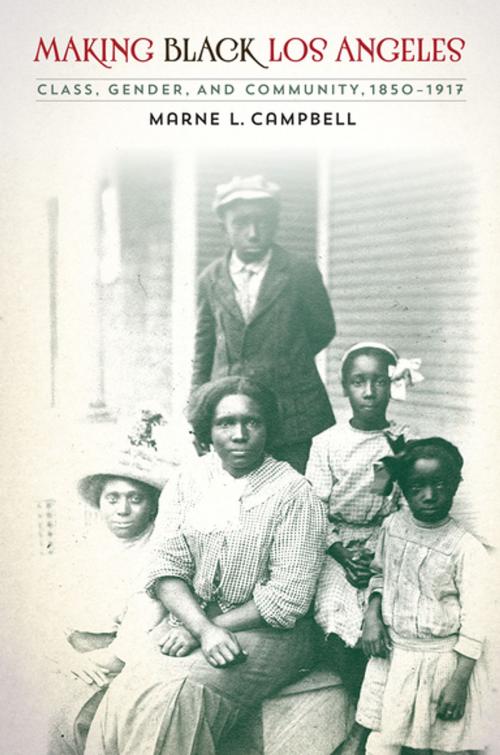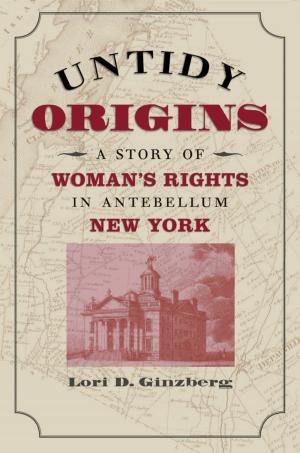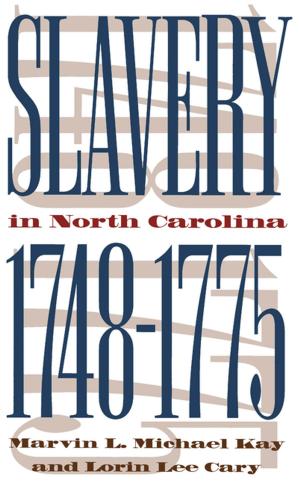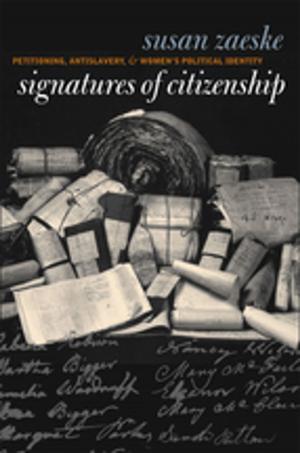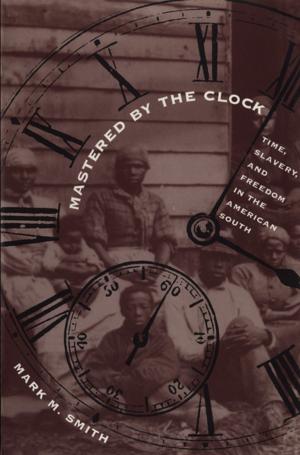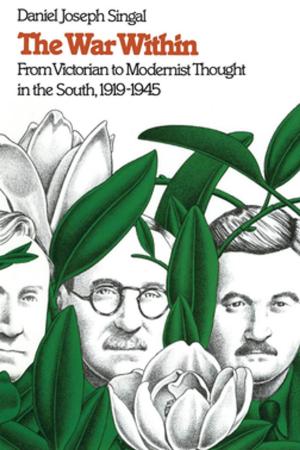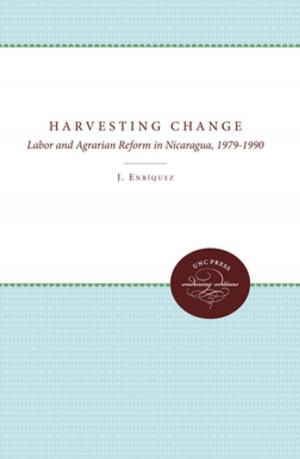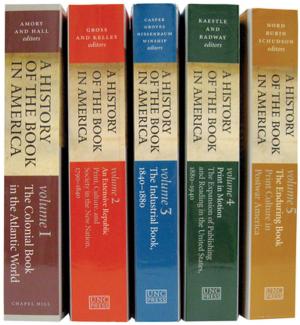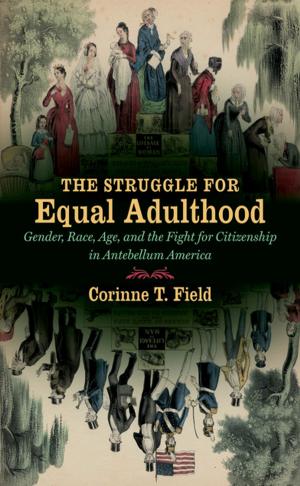Making Black Los Angeles
Class, Gender, and Community, 1850-1917
Nonfiction, Social & Cultural Studies, Social Science, Cultural Studies, African-American Studies, Gender Studies| Author: | Marne L. Campbell | ISBN: | 9781469629285 |
| Publisher: | The University of North Carolina Press | Publication: | September 27, 2016 |
| Imprint: | The University of North Carolina Press | Language: | English |
| Author: | Marne L. Campbell |
| ISBN: | 9781469629285 |
| Publisher: | The University of North Carolina Press |
| Publication: | September 27, 2016 |
| Imprint: | The University of North Carolina Press |
| Language: | English |
Black Los Angeles started small. The first census of the newly formed Los Angeles County in 1850 recorded only twelve Americans of African descent alongside a population of more than 3,500 Anglo Americans. Over the following seventy years, however, the African American founding families of Los Angeles forged a vibrant community within the increasingly segregated and stratified city. In this book, historian Marne L. Campbell examines the intersections of race, class, and gender to produce a social history of community formation and cultural expression in Los Angeles. Expanding on the traditional narrative of middle-class uplift, Campbell demonstrates that the black working class, largely through the efforts of women, fought to secure their own economic and social freedom by forging communal bonds with black elites and other communities of color. This women-led, black working-class agency and cross-racial community building, Campbell argues, was markedly more successful in Los Angeles than in any other region in the country.
Drawing from an extensive database of all African American households between 1850 and 1910, Campbell vividly tells the story of how middle-class African Americans were able to live, work, and establish a community of their own in the growing city of Los Angeles.
Black Los Angeles started small. The first census of the newly formed Los Angeles County in 1850 recorded only twelve Americans of African descent alongside a population of more than 3,500 Anglo Americans. Over the following seventy years, however, the African American founding families of Los Angeles forged a vibrant community within the increasingly segregated and stratified city. In this book, historian Marne L. Campbell examines the intersections of race, class, and gender to produce a social history of community formation and cultural expression in Los Angeles. Expanding on the traditional narrative of middle-class uplift, Campbell demonstrates that the black working class, largely through the efforts of women, fought to secure their own economic and social freedom by forging communal bonds with black elites and other communities of color. This women-led, black working-class agency and cross-racial community building, Campbell argues, was markedly more successful in Los Angeles than in any other region in the country.
Drawing from an extensive database of all African American households between 1850 and 1910, Campbell vividly tells the story of how middle-class African Americans were able to live, work, and establish a community of their own in the growing city of Los Angeles.
